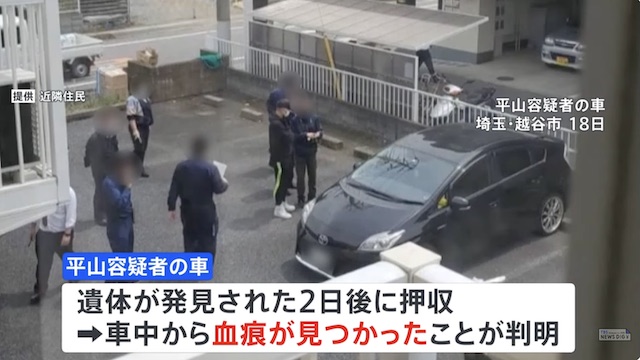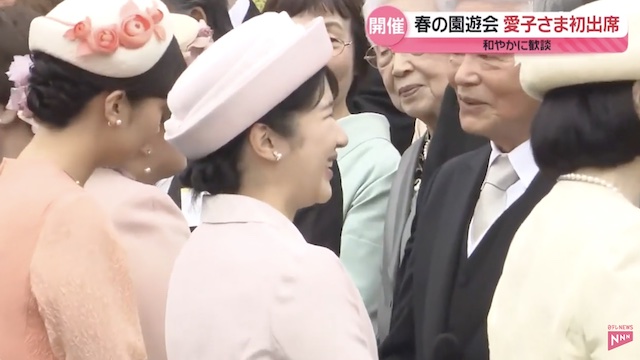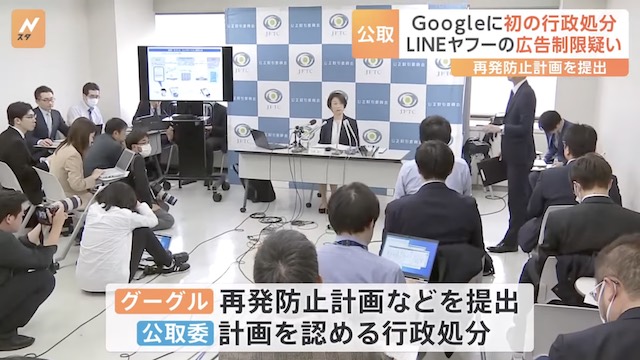Jun 24 (newsonjapan.com) - Although vaccines are readily available, some still have concerns regarding the safety of all those attending or participating in the 2021 Summer Olympic Games (as well as the safety of Tokyo residents), which are currently set to begin late July.
However, concerns about the virus have potentially overshadowed general safety concerns. Any event that attracts as many guests as the Olympics must have effective security measures in place.
Naturally, the pandemic has likely influenced the safety and security measures that will be taken during the Olympics. That said, to get a better sense of the general steps being taken to ensure the safety of participants and guests, it can be helpful to review the safety measures that were planned for the canceled 2020 Olympics.
Some of the safety measures likely to be taken are standard and predictable. For example, trained guards equipped with firearms would of course be stationed in and patrolling various spots throughout the grounds.
However, prior to their cancelation, it was known that the planned 2020 Olympics in Tokyo were also going to boast certain new and innovative security measures.
For instance, advances in artificial intelligence technology have improved the accuracy and effectiveness of facial recognition software. As such, there have been plans to use this technology to aid in properly identifying the faces of athletes, officials, and others who may have access to restricted areas. Because this is the first time this technology will have been used during the Olympics, if it’s effective, its presence may become standard in the future.
The lack of a traditional Olympics “park” setting was one of the reasons those involved in planning security for the 2020 games decided to leverage this innovation. Because the various events will take place in locations throughout Tokyo, having a means of efficiently identifying those with special access is imperative.
That’s not to say this technology is completely untested. On the contrary, it’s already commonly used at many airports. For instance, passengers arriving at Terminal 3 of Narita International Airport can easily and speedily gain access to the country by uploading photos of themselves to an app that’s tied to the facial recognition system.
That said, while facial recognition may not be as revolutionary as it seems, other new security measures planned for the 2020 Olympics (and, therefore, theoretically planned for 2021) may truly sound like science fiction to some. Along with human security personnel, autonomous robots will also be patrolling the grounds to identify threats or hazards. These robots have 360-degree video cameras, as well as heat sensors and metal detectors. Additionally, they have “arms” that allow them to check garbage cans and similar spots for suspicious items from a distance. Although they can’t completely replace human security personnel, some have pointed out that they do have the advantage of not being prone to lack of concentration or distraction.
In regard to Covid-19 fears, the International Olympics Committee has recently assured Japanese citizens that the Olympics will be safe. Specifically, IOC chief Thomas Bach has stated that by July 23, it’s expected that about 80 percent of Olympic Village residents will either be vaccinated or booked to be vaccinated before the games officially begin. Bach also pointed out that other major sporting events have already been held this year without any Covid-19 spikes linked to them.
Of course, it’s impossible to tell precisely how safe the Olympics will be in advance. However, there’s evidence to suggest that many new security measures will be in place to assure maximum protection against not only the virus, but general threats.









